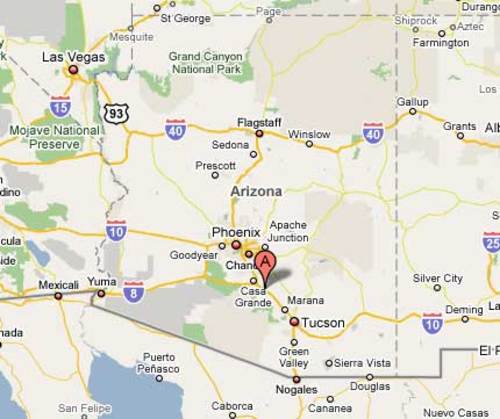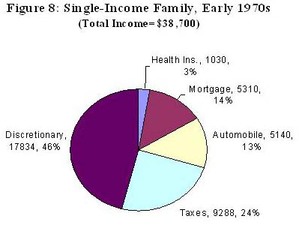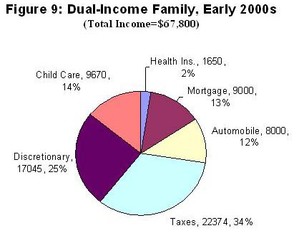Letter I sent to Governor Schwartzenegger in response to his plan to close a number of California State Parks due to budget problems:
I know many people are
probably contacting you to oppose proposed closures of state parks to help meet
budget targets. My message is a bit
different: Closing these parks is
totally unnecessary.
I own and manage one of the
larger concessionaires in the California State Park (CSP) system. We are the concessionaire at Clear Lake and Burney Falls. At Burney Falls, for example, we have invested over a million dollars
of our money in a public-private partnership with the state to revamp to the
park. We also operate parks for the
National Park Service, the US Forest Service, Arizona State Parks, Texas State Parks, and other public authorities.
Traditionally, CSP has
engaged concessionaires to run stores and marinas within parks, but not to run
entire parks. However, in many other
states, our company runs entire parks and campgrounds for other government
authorities, and does so to the highest quality standards.
So, I can say with confidence
that many of the California State Parks proposed for closure would be entirely
viable as private concessions. For
example, we operate the store and marina at Clear Lake State Park but
could easily run the entire park and make money doing so, while also paying
rent to the state for the privilege.
I know that there are some
employees of the CSP system that oppose such arrangements with private
companies out of fears for their job security. But it would be a shame to close parks entirely when an opportunity
exists to keep them open to the public, and improve the state budget picture in
doing so.
Even if California decides to keep these parks open, I would encourage
you to have your staff investigate the possibility of expanding private
operation of state parks. CSP already
has one of the best and most capable concession management programs in the
country, a success you should seek to build on. The infrastructure is already there in CSP to solicit bids for these
projects and ensure that management of them meets the state's quality and
customer service standards.
Even though everything I said here is true, it probably is a non-starter because most state organizations are dead set against such private management. They would rather close services to the public than establish the precedent of private management.
Besides, the whole parks closure may well be a bluff. Unlike private company budget discussions, where it is expected that managers offer up their marginal projects for cuts, the public sector works just opposite: Politicians propose their most popular areas of spending (parks, emergency services) for cuts in a game of chicken to try to avoid budget cuts altogether. As I wrote here:
Imagine that you are in a budget meeting at your company. You and a
number of other department heads have been called together to make
spending cuts due to a cyclical downturn in revenue. In your
department, you have maybe 20 projects being worked on by 10 people,
all (both people and projects) of varying quality. So the boss says
"We have to cut 5%, what can you do?" What do you think her reaction
would be if you said "well, the first thing I would have to cut is my
best project and I would lay off the best employee in my department".
If this response seems nuts to you, why do we let politicians get
away with this ALL THE TIME? Every time that politicians are fighting
against budget cuts or for a tax increase, they always threaten that
the most critical possible services will be cut. Its always emergency
workers that are going to be cut or the Washington Monument that is
going to be closed. Its never the egg license program that has to be cut.
Update: Here is the form letter the governor's office sent out in response to my letter:
A weakened national economy and auto-pilot state spending has created a projected budget shortfall of $14.5 billion for fiscal year 2008-09. Although state government revenues this coming year are actually forecast to hold steady, the problem is that every year automatic spending formulas increase expenditures. Left unchecked, next year's budget would need to grow by 7.3-percent, which is $7.6 billion; even booming economies can't meet that kind of increase. To immediately combat this crisis, the Governor has proposed a 10-percent reduction in nearly every General Fund program from their projected 2008-09 funding levels. While these reductions are unquestionably painful and challenging, this across-the-board approach is designed to protect essential services by spreading reductions as evenly as possible.
To achieve this difficult reduction, State Parks will be reducing both its permanent and seasonal workforce. As a result, 48 park units will be closed or partially closed to the public and placed in caretaker status. By closing parks and eliminating positions, remaining resources can be consolidated and shifted to other parks to provide for services necessary to keep those parks open and operating. While 48 parks are affected by closures, 230 parks-or 83% of the system-will remain open.
We must reform our state budget process. Government cannot continue to put people through the binge and purge of our budget process that has now led to park closures. That's why the Governor has proposed a Budget Stabilization Act. Under the Governor's plan, when revenues grow, Sacramento would not be able to spend all the money. Instead, we would set a portion aside in a Revenue Stabilization Fund to stabilize the budget in down years. If a deficit develops during the year, instead of waiting to accumulate billions of dollars of debt, the Governor's plan would automatically trigger lower funding levels already agreed upon by the Legislature. Had this system been in place the past decade, we would not be facing a $14.5 billion deficit.
As Governor Schwarzenegger works with his partners in the Legislature, he will keep your concerns in mind. With your help, we will turn today's temporary problem into a permanent victory for the people of California.





